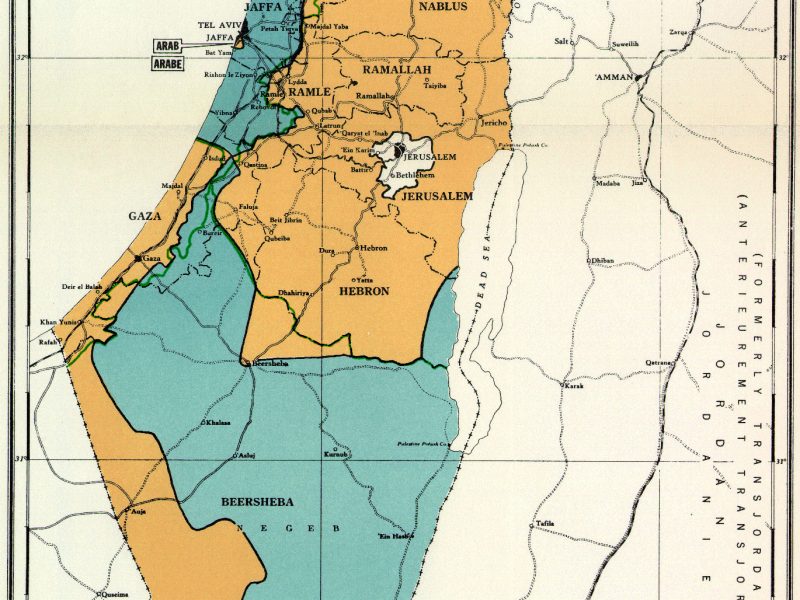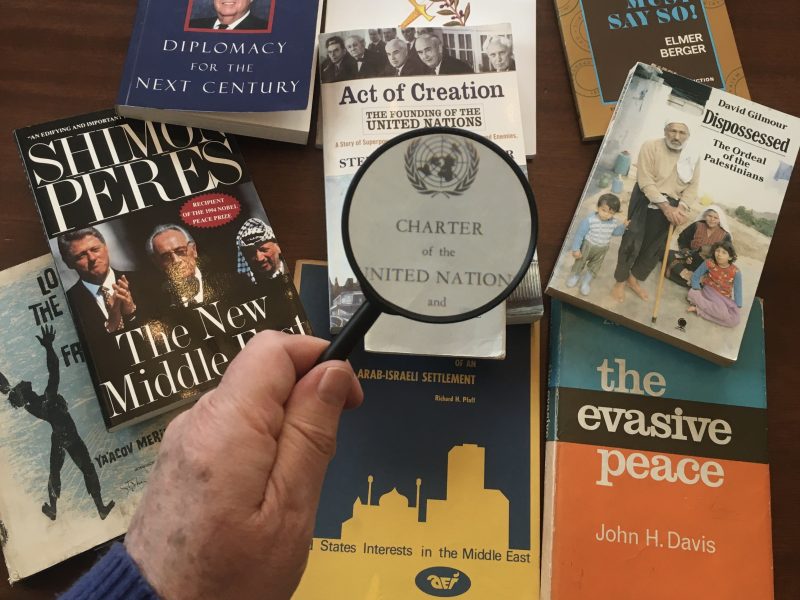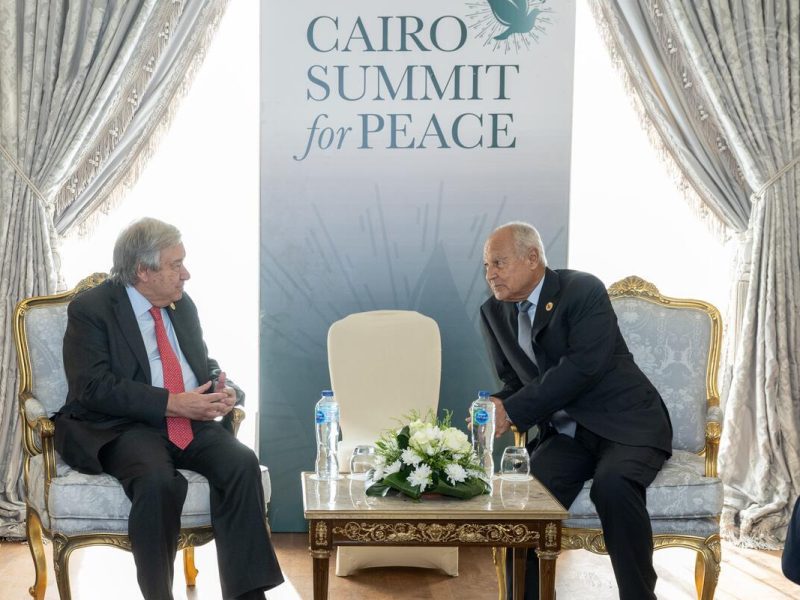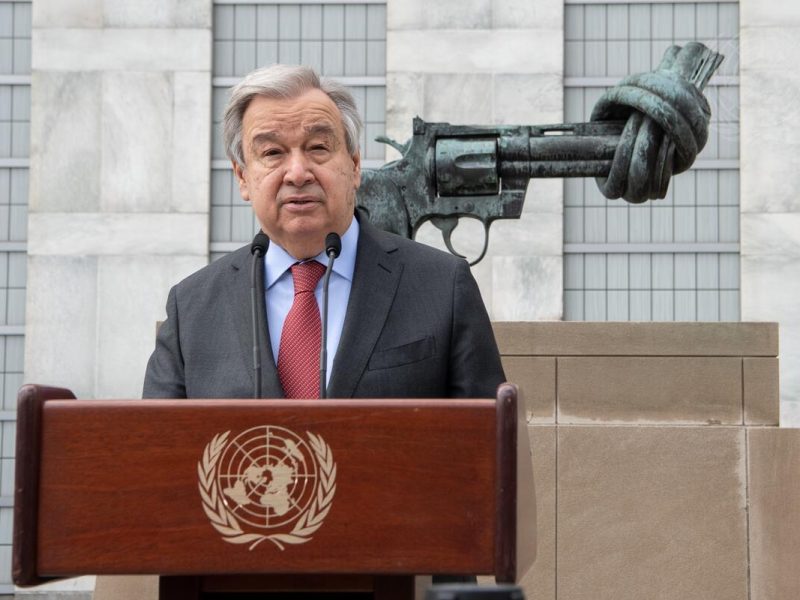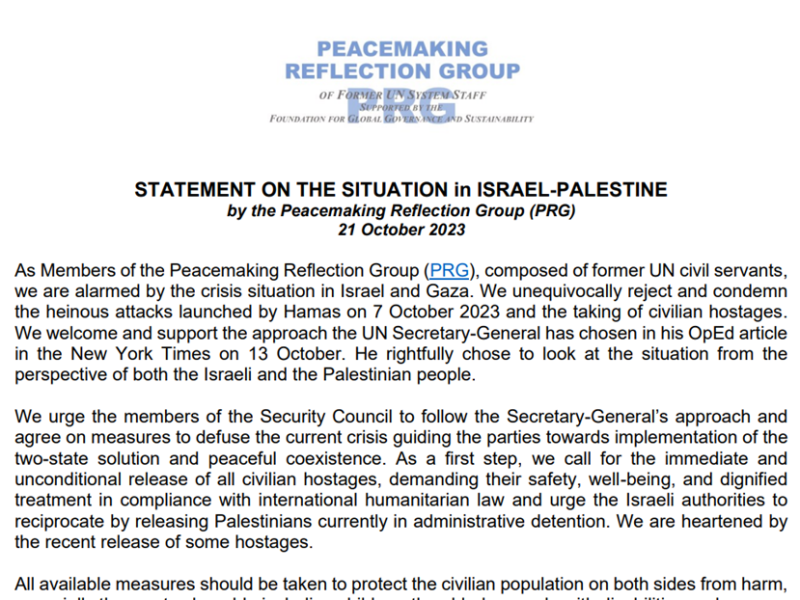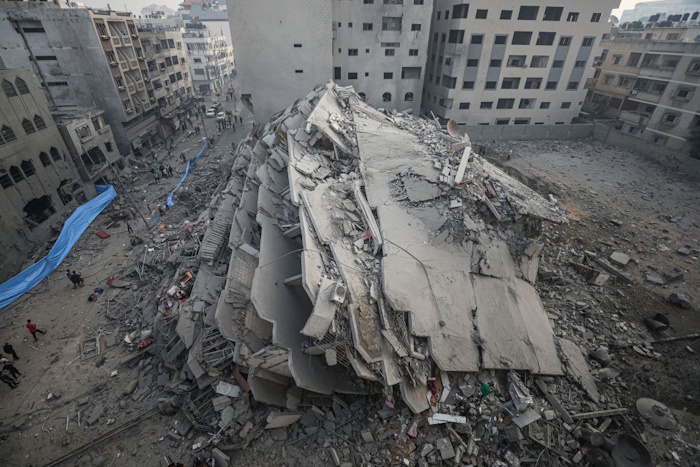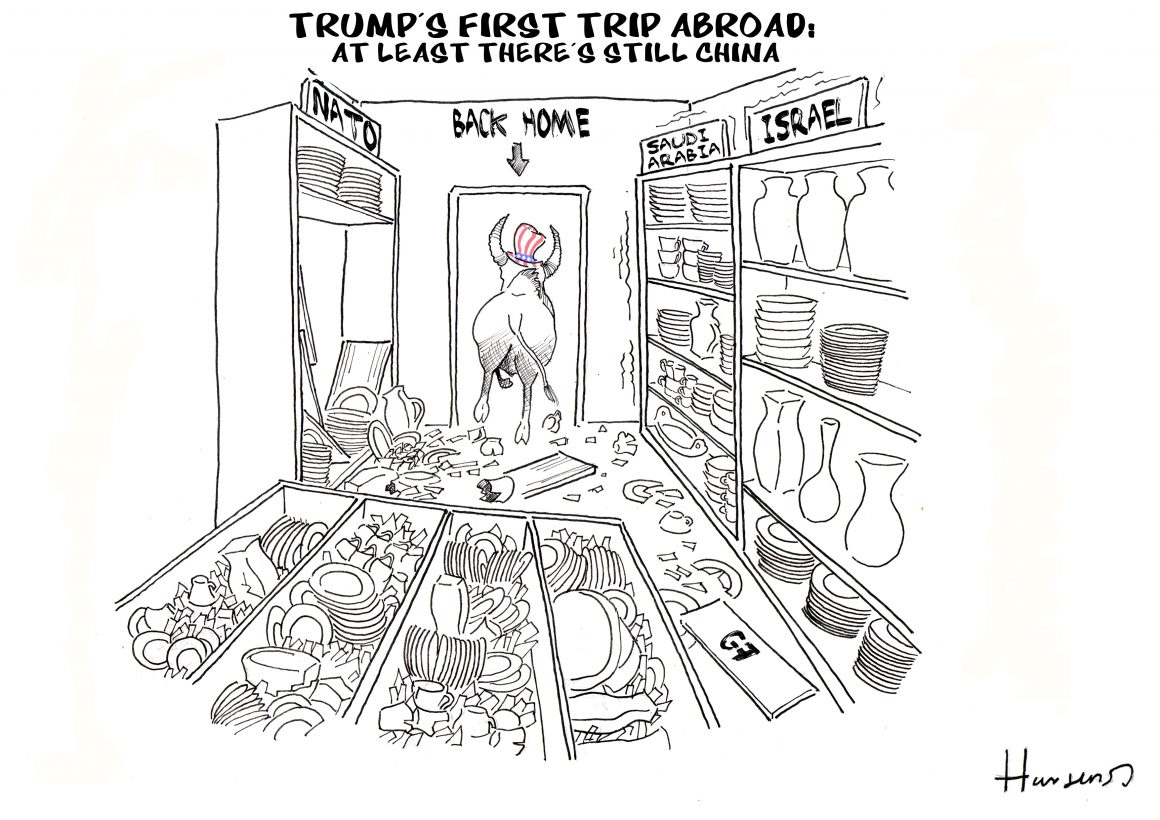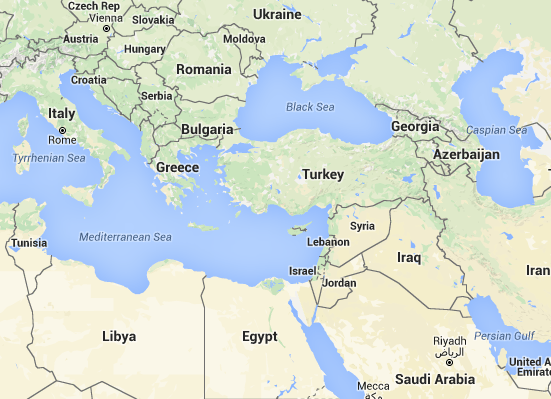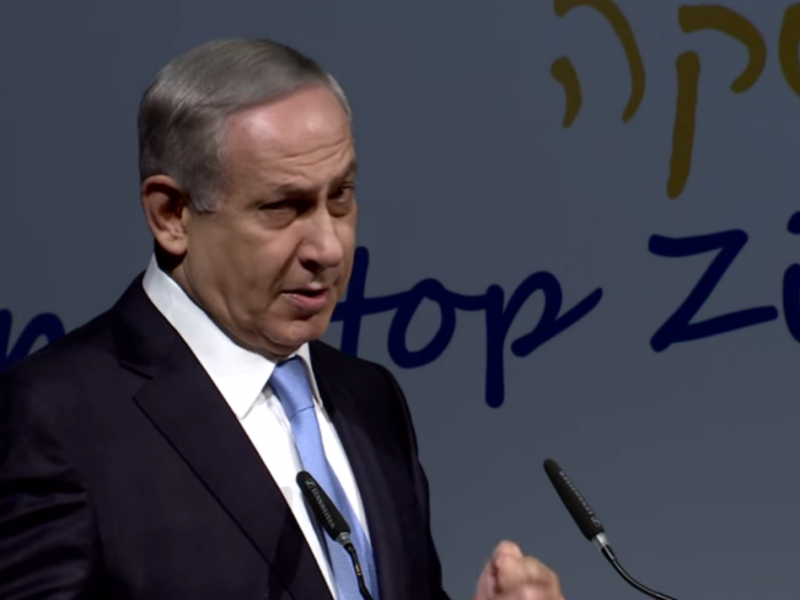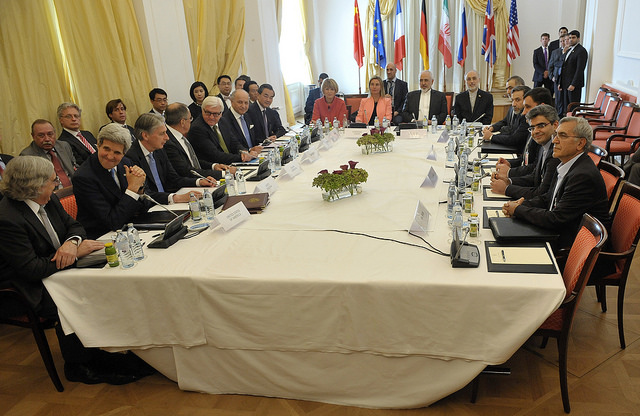Gaza: It’s time to redesign the future!
- UN , Middle East , Analysis
Many would advise me not to venture into such a minefield as Gaza, literally and figuratively. However, I cannot remain silent in the face of the outpouring of hatred, invective, disinformation and bad faith that distorts and obscures the debate on this issue, which is tragic. I will not engage here in a historical analysis…

